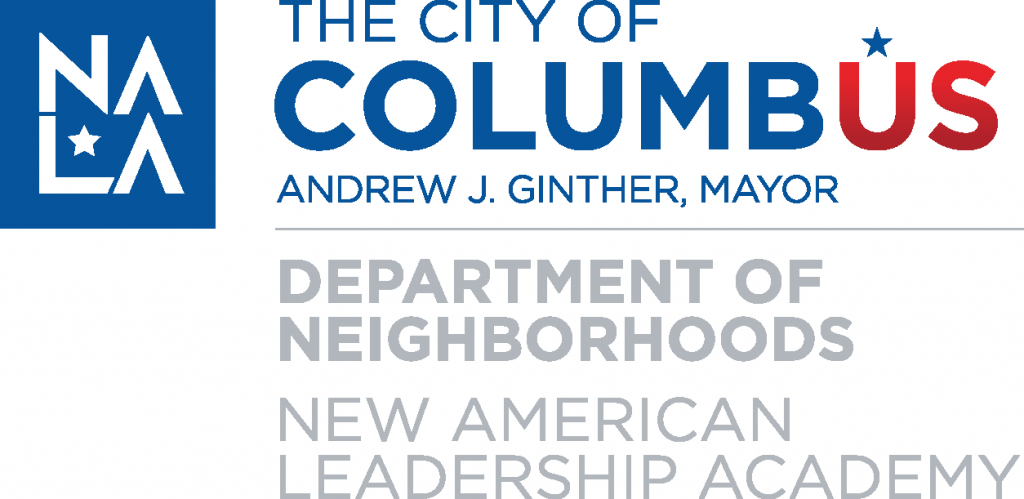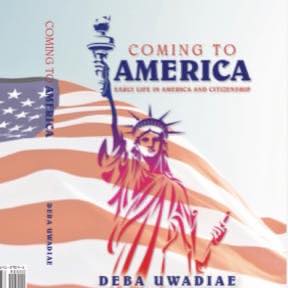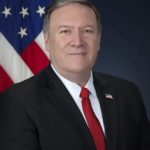By Grace Washington

At the end of a two-day conference by faith leaders to address identity-based violence in Columbus, Ohio on Sunday, November 5, 2023 the Regional Coordinator for North America United Religions Initiative, URI, Tahil Sharma stressed the significance of the Safe Alliance of Interfaith Leaders’ movement and encouraged spiritual organizations to embrace diversity and inclusivity.

Sharma highlighted the pivotal role interfaith organizations play in promoting justice and equality within diverse communities. He urged religious organizations not to shy away from advocating for justice and helping people of all backgrounds, races, religions, and sexes. Sharma emphasized the importance of creating spaces for intersectional learning and justice, rather than spiritual bypassing the concerns of underrepresented communities.
He introduced the audience to the United Religions Initiative (URI), the world’s largest network of grassroots interfaith organizations, comprising 1117 chapters in 111 countries. Founded by Bishop William Swing, the URI aims to promote enduring interfaith cooperation, end religiously motivated violence, and encourage cultures of peace, justice, and healing for the Earth and all living beings.
Sharma posed thought-provoking questions to the attendees, challenging the interfaith movement to live up to the ideals of “radical inclusion.” He urged participants to examine whether their words and actions align with the movement’s goals and emphasized the importance of unconditional love in driving positive social change.

He also addressed concerns within interfaith organizations, acknowledging challenges related to systemic issues such as white supremacy, religious nationalism, and marginalized communities becoming complicit in exclusionary systems.
He called for the need to confront exclusive spaces and advocated for a health approach to violence prevention.

According to Sharma, a health approach to violence prevention involves detecting and interrupting potential violence, focusing on high-risk individuals, and changing community norms.
Interfaith actors, Sharma argued, are uniquely positioned to influence community norms due to their special trust role, credibility, neutrality, and high visibility within their communities.

Sharma emphasized the special role of religious, spiritual, and indigenous leaders and actors in speaking out against violence, supporting vulnerable community members, and fostering community discussions to prevent escalations of violence.
The attendees engaged in discussions, asking questions and participating actively, demonstrating their commitment to the cause of promoting inclusivity, justice, and peace within their communities.
The SAIL Identity-Based Violence Conference provided a platform for meaningful dialogue, challenging attendees to reevaluate their approaches and encouraging them to actively contribute to creating a more inclusive and harmonious society. As the interfaith movement continues to evolve, Sharma’s message serves as a powerful catalyst for positive change and a reminder of the transformative impact interfaith cooperation can have on the world.
Support the New Americans magazine to continue to serve our community with precise news that affect the new American, immigrant and refugee community. https://paypal.com/donate/?hosted_button_id=8LHFS78NRNJJY&source=url




































Leave a Reply
You must be logged in to post a comment.